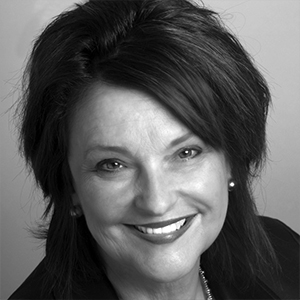The most successful leaders are experts in communication. In this popular seminar, you will learn the key competencies needed to be an effective communicator. From managing difficult conversations and building trust to gaining buy-in and communicating in a supportive and effective way, this executive communication training will equip you with new perspectives and tools to develop a more productive workplace. The action-based format provides numerous opportunities to practice and refine your communication skills.
Several leading companies and not-for-profit groups have required this program for their managers.
This program is designed for professionals and managers at any level, including executives, project managers, supervisors, and team leaders. It is a coveted program for human resource professionals and useful for individuals entering a new role. This leadership communication course offers essential tools to strengthen communication skills, enabling participants to lead more effectively and drive success in their roles.
The registration fee includes facilitation by our highly rated faculty members, course materials, results-oriented exercises, meal service (continental breakfast, lunch, and breaks)*, and a certificate of completion from the McGill Executive Institute. To successfully complete the course and receive your certificate of completion, you will need to attend all sessions and complete the pre-work for each session.
*Meal service is included for in-person programs only.


April 8, 2026 – 12:00 pm ET
Communicating and Collaborating lay the foundation for growth and change, whether you are looking to make the step to leadership or you are stepping up your leadership. Join our learned advisors as they explore our Communicating & Collaborating portfolio of courses, including "Communicating Effectively".